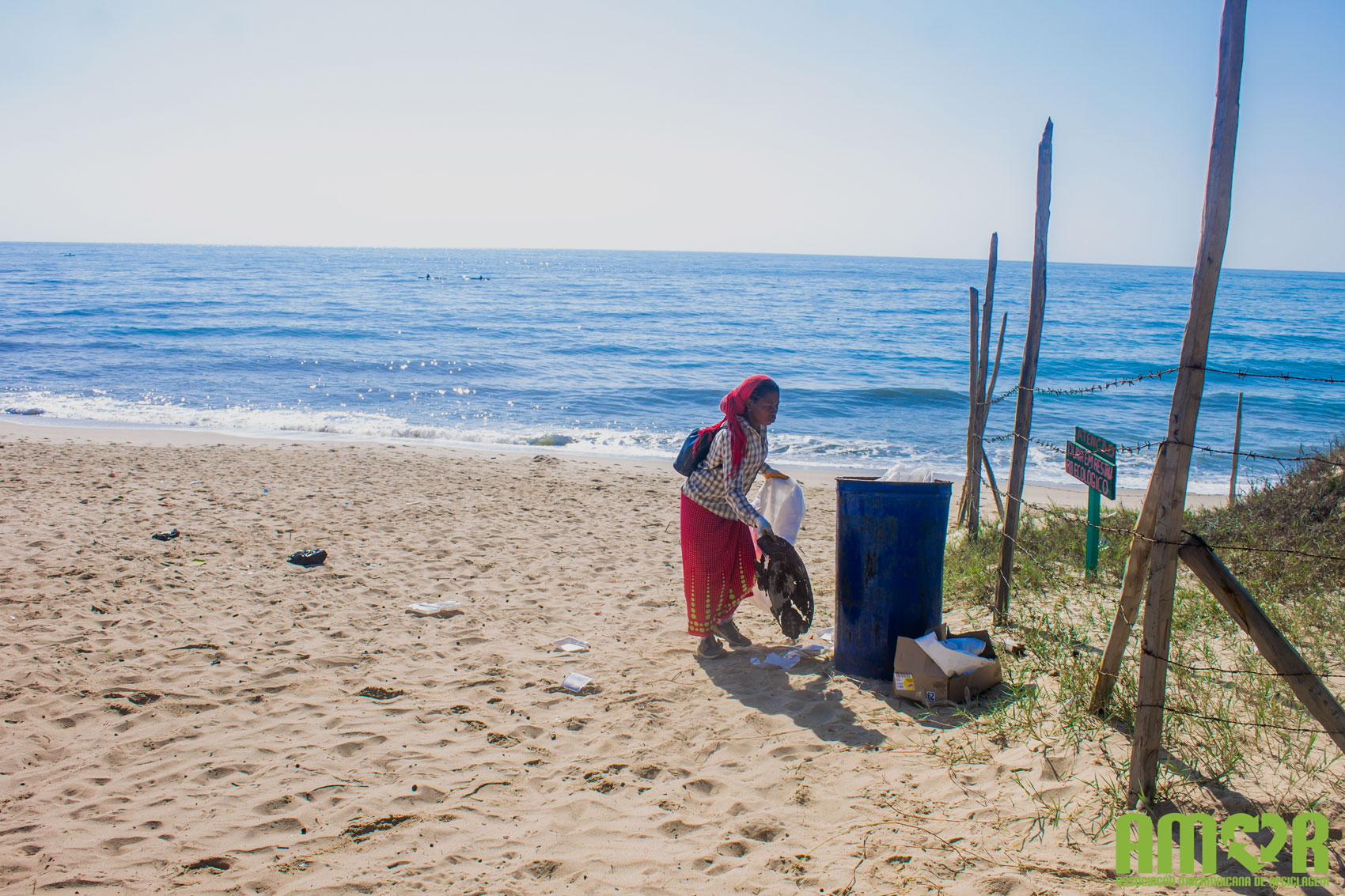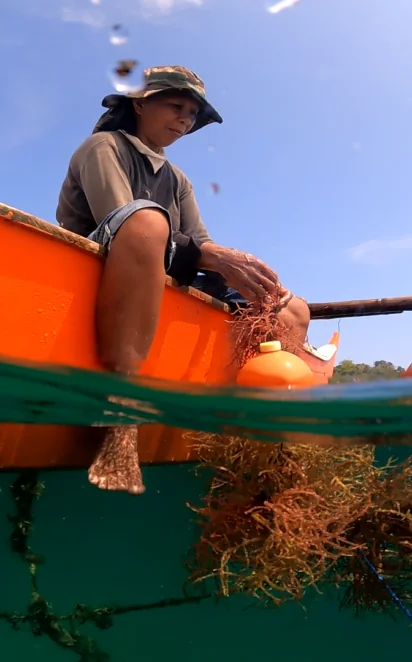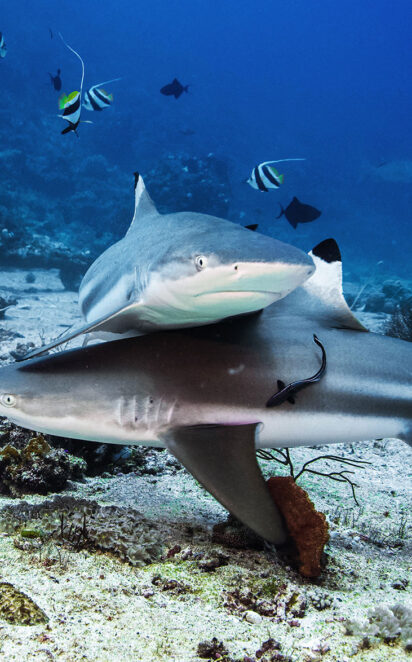Reducing Marine Waste through Ocean Bound Plastic Credits in Mozambique
Project Lead: AMOR – Associação Moçambicana de Reciclagem
Supporting Partners: HORIZONT3000 and KOLEKT
Support: The UK’s Blue Planet Fund
Location: Mozambique
Project Timeline: Ongoing (2024)
Summary
AMOR aims to implement a finance facility that strengthens the local circular economy by reducing marine waste and selling verified tonnes of Ocean Bound Plastic (OBP) credits.
Mozambique faces significant ocean pollution challenges due to failing waste management systems and the accumulation of plastic redistributed by the Indian Ocean’s gyre1. AMOR aims to set-up an innovative financial leverage mechanism that motivates waste collection, monitors waste streams through the innovative KOLEKT application and trades verified tonnes of OBP credits, in efforts to remove 1000 tonnes of waste from six coastal municipalities2.
Projected Impact
With ORRAA’s support through the UK’s Blue Planet Fund, this project aims to:
– Train at least 90 people
– Create 141 jobs
– Leverage USD $2,038,428 of investment
Challenge
Plastic waste in Mozambique poses significant socio-economic and environmental challenges. It disrupts ecosystems such as mangroves, coral reefs, seagrass beds, and other vital habitats. The current inadequate disposal of waste also poses risks to public health and undermines the potential for sustainable development in the region.
Yet, local civil society organisations (CSOs) often lack the resources, capacity and social legitimisation to effectively tackle the problem. The limits in capacity, paired with weak institutional and organisational structure, creates barriers for CSO’s to engage in coastal resilience-building efforts.

Solution
Previously, AMOR successfully removed around 300 tonnes of marine waste by building capacity and carrying out campaigns to purchase waste from fishing communities. Now, it aims to replicate this initiative through the implementation of an OBP Credit Certification Programme. By issuing and selling third-party verified OBP credits, the project not only adds value to collected marine waste but also creates a continuous financing mechanism. This financial innovation ensures the project’s longevity by reinvesting funds generated from the credit sales into new collection campaigns.
Through the facility, AMOR will train and empower CSOs to manage marine waste campaigns and pay local communities for that, on the condition that the KOLEKT application is used to monitor waste flow.
Scaling and Next Steps
In this project, AMOR will focus on building CSO capacity in solid waste management while fostering engagement with six municipalities to build an integrated joint approach. The KOLEKT application will be introduced so CSOs can better track waste disposal activities, identify hotspots, and collaborate with relevant stakeholders. AMOR will promote a marine plastic waste market utilising the KOLEKT app, so collectors can connect with companies buying this material for recycling or landfills when recycling is not possible.
Lastly, AMOR will design and implement the verified tonnes OBP Credit Certification Programme to encourage the removal of ocean bound waste by adding value in effectively collecting and treating it before and after it reaches the ocean.

[1] https://www.iucn.org/sites/default/files/2022-09/marplasticcs-mozambique-national-plastic-pollution-hotspotting-report-and-data-in-portuguese.pdf
[2] Six coastal communities include Palma, Pemba, Beira, Vilankulo, Inhambane, and Maputo.




